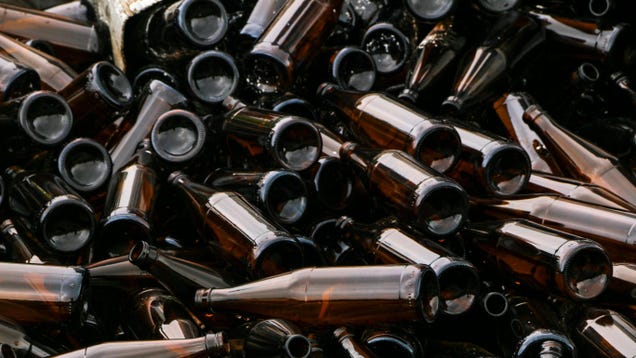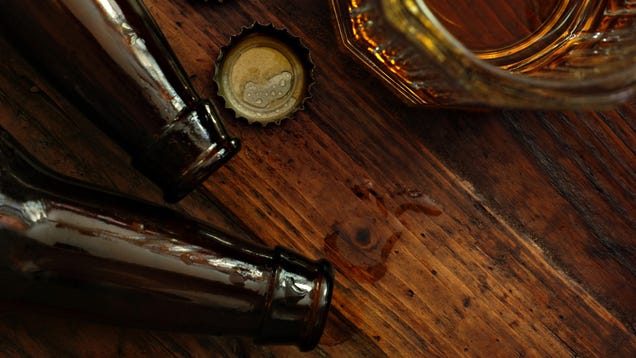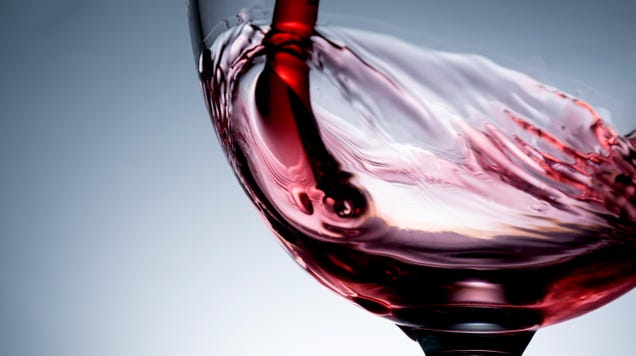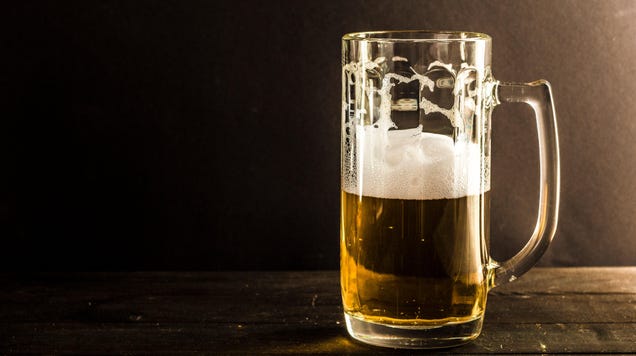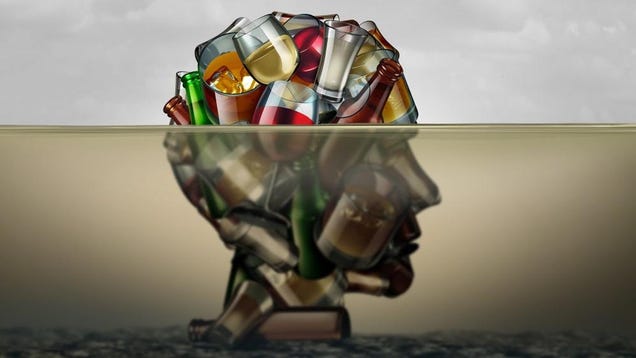
Just how far would you be willing to go to avoid the dreaded hangover? Researchers in Switzerland have developed an oral gel meant to prevent booze from breaking down into the toxic compounds most responsible for a hangover. In mice, it appeared to work as intended.

